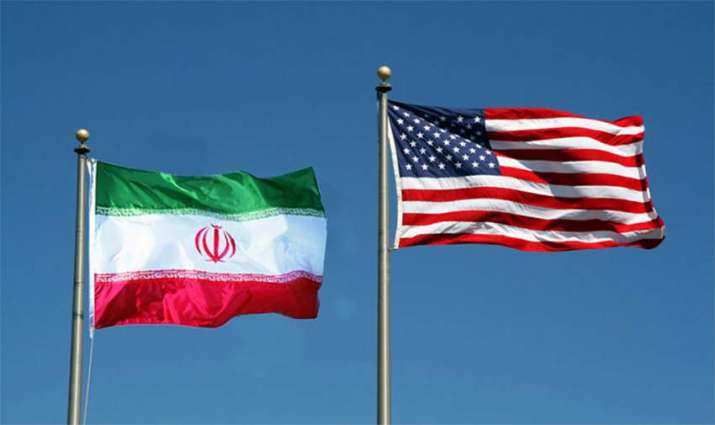The new sanctions bill proposed by the US Republican lawmakers, if passed, would be a heavy blow to the Iranian economy and its regional allies, but Tehran is unlikely to resort to direct military force in response to it, Hooshang Amirahmadi, a professor of the Edward J. Bloustein School of Planning and Public Policy at Rutgers University and president of the US-based American Iranian Council think tank, told Sputnik
MOSCOW (Pakistan Point News / Sputnik - 12th June, 2020) The new sanctions bill proposed by the US Republican lawmakers, if passed, would be a heavy blow to the Iranian economy and its regional allies, but Tehran is unlikely to resort to direct military force in response to it, Hooshang Amirahmadi, a professor of the Edward J. Bloustein school of Planning and Public Policy at Rutgers University and president of the US-based American Iranian Council think tank, told Sputnik.
On Wednesday, the Republican Study Committee in Congress released a foreign policy proposal, which contains more than 130 initiatives aimed at countering Russia, China and Iran and calls for introduction of "toughest sanctions ever" against the three countries.
"Republicans need support from Democrats to pass the bill. This is an election year and everything in this country will be election-related. Democrats may not cooperate with Republicans though it is also possible that the anti-Iran lobby may be able to persuade Democrats to support the bill," Amirahmadi said.
With regard to Iran, the 110-page document proposes to expand sanctions related to human rights, impose restrictions on the nation's petrochemical, financial, automotive, and construction sectors, as well as impose sanctions on the INSTEX mechanism set up by France, Germany and the United Kingdom last year to bypass US sanctions in business operations with Iran. The proposal also urges Congress to designate and sanction militia and rebel groups in the region, which they view as Iranian proxies and allies, including the Houthis in Yemen, as foreign terrorist organizations and expand sanctions on Hezbollah in Lebanon.
According to the researcher, if passed, the bill would be "a serious escalation of the economic war."
"Iran's economy is already devastated, and new sanctions will further cripple the country. The bill will also harm Iraq, Lebanon and other Iran's allies and regional proxies," he stressed.
The analyst noted that Iran would be unable to retaliate the sanctions bill with direct force, but might turn to "revolutionary means," such as limited subversive acts against the US or its allies.
"But such actions will certainly be limited in scope because Iran wants to avoid war with the US under any condition. Verbal condemnation is certainly Iran's preferred means," Amirahmadi said.
The policy proposal introduced by the Republicans also urges Congress to support the Trump administration in its latest efforts to renew the UN arms embargo on Iran, which expires in October, and prepare for a possible failure of such attempts by sanctioning the Islamic Revolutionary Guard Corps Aerospace Force commander.
Speaking about the US determination to renew the arms embargo on Iran, Amirahmadi suggested that Tehran might try to reach out to the US for talks.
"My guess is that Iran will try to reach out to the US for some limited negotiations in the next two to three months. There are already attempts in that direction," the analyst said.
He noted that Russia was also likely to try to help Iran in the UN.
"Americans have threatened that in case of failure at the UN (because of Chinese or Russian veto), then it will take the matter in its hands and make sure that it will use all means to prevent arms exchange between Iran and any nation," Amirahmadi concluded.
The analyst characterized the threat as "a call for military action."




